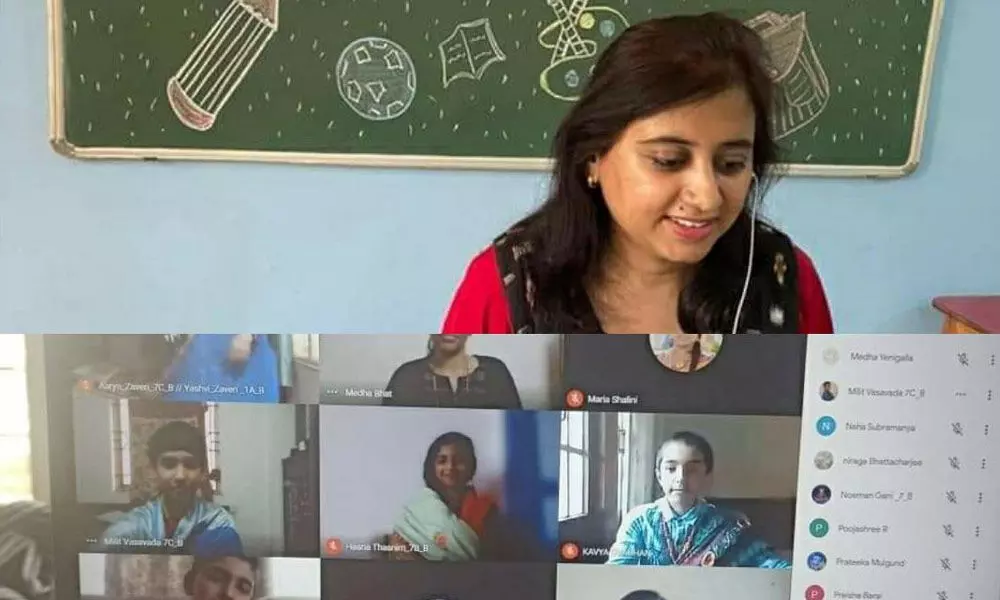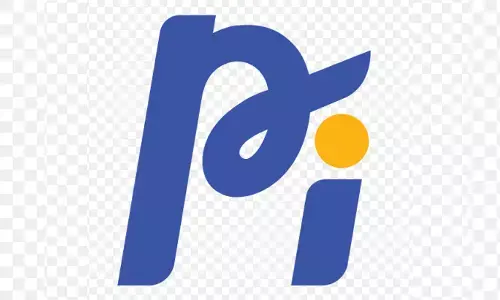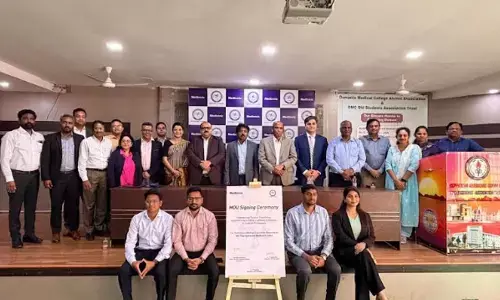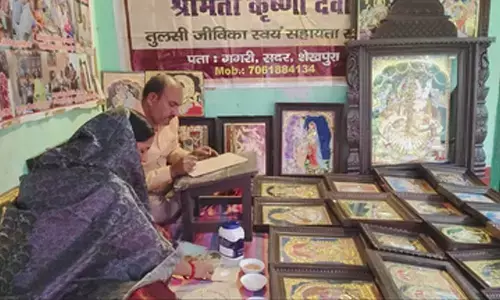Online learning: Students, educators in India beginning to crack the code

Students, educators in India beginning to crack the code
As schools cross the one-year mark since the rapid shift to virtual classrooms, a new study commissioned by Lenovo and Microsoft has found that both students and educators see enormous potential in online learning but are just beginning to enjoy its advantages.
Bengaluru: As schools cross the one-year mark since the rapid shift to virtual classrooms, a new study commissioned by Lenovo and Microsoft has found that both students and educators see enormous potential in online learning but are just beginning to enjoy its advantages. The biggest barriers to success in online learning have not been a lack of technology access, but low use of available solutions and social challenges stemming from extended periods of remote learning.
Conducted by specialist firms YouGov and Terrapin across 12 markets in Asia Pacific during May 2021, the study examined nearly 3,400 students, parents and educators to understand their assessment of e-learning since the pandemic began, including 232 students in India, and explored how technology can further engage students and support learning.
"With schools closed in many countries for the better part of 2020, educators, parents and students alike have grappled with new learning technologies. This study has helped us better understand how educators, parents and students have adapted to online learning during the pandemic, what the real challenges are, and what solutions can be deployed to help make learning technologies more effective," said Shailendra Katyal, Managing Director, Lenovo India/ [local spokesperson].
The Regional General Manager, Education, Microsoft Asia, Larry Nelson said, "The role of technology has become a much needed lifeline in enabling teaching and learning between students and educators today. Despite the challenges faced over the last year, we admire the resilience and adaptability students and educators have had as classrooms shifted from traditional set-ups to virtual environments."
As we move forward, it is clear innovation will continue to transform learning experiences – and we remain committed in supporting the industry with the right tools and solutions so that they are equipped for the new age of education," said Larry Nelson.
Tech use brings mixed results
Across Asia Pacific, more than 80 per cent of students and 95 per cent of educators increased their use of technology during the past year, while 68 per cent of students and 85 per cent of educators spent more money on technology during the past year than they had in the previous year.
This trend will continue, with 66 per cent of students and 86 per cent of educators expecting to further increase their spending on learning technology in the coming year. Educators and students had differing opinions on the impact of online classes on educational performance. Educators were relatively positive about their teaching performance online, with 59 percent confident that teaching performance had improved, and 24 percent believing it had been maintained.
However, students' assessment was mixed. Around a third of students believed their performance had improved, another third believed it had stayed the same during the period of online learning, and the remaining third believed their learning performance had declined.

















